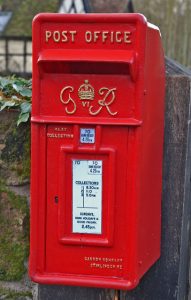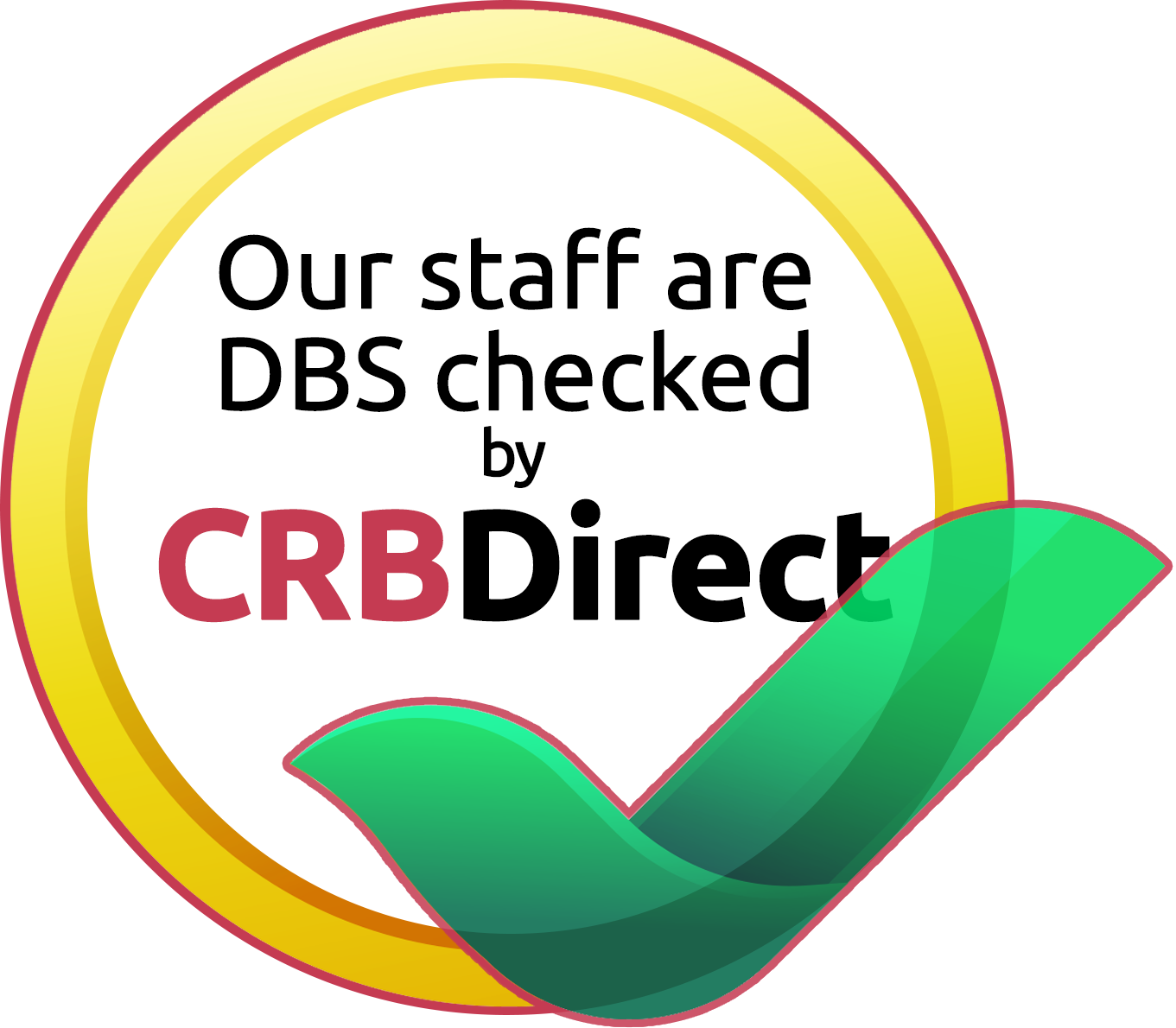Apart from your name and date of birth, your address is one of the key pieces of information which identifies you. When you start a new job, it’s something your employer is going to ask about. Not because they’re nosy about where you live, but your address is used in communication with HMRC and other agencies. Most employment contracts have a clause about informing your employer when you move. If you’re applying for a job which needs a DBS certificate then the address issue takes on added significance. The DBS asks for address checks going back five years, and any gaps in address history will delay your application. So before filling in your form, here’s everything you need to know about address checks.
Current Address Checks
 OK, let’s start with the easy stuff. Your current address is obviously where you are living now. This is the address that the DBS will send your certificate out to. When it comes to DBS applications, you need to be able to prove that you do indeed live where you say you live. They will ask to see a range of official documents which prove your current address. You will need recent bank statements, credit card bills or utility bills. There’s a long list of proof you can provide on the DBS website. You’ll need originals of all of your documents, and your employer might want to take copies. If you don’t have bills in your name or aren’t on the Electoral Register, then get advice on what proof might be accepted instead.
OK, let’s start with the easy stuff. Your current address is obviously where you are living now. This is the address that the DBS will send your certificate out to. When it comes to DBS applications, you need to be able to prove that you do indeed live where you say you live. They will ask to see a range of official documents which prove your current address. You will need recent bank statements, credit card bills or utility bills. There’s a long list of proof you can provide on the DBS website. You’ll need originals of all of your documents, and your employer might want to take copies. If you don’t have bills in your name or aren’t on the Electoral Register, then get advice on what proof might be accepted instead.
Past Addresses
The more problematic issue is with past addresses. The DBS asks for a full list of everywhere you lived going back over the past five years. If you move about a lot, there could be up to a dozen addresses to list. Make sure they are all spelled correctly, with the right postcode given. If there isn’t enough space on the form, get guidance on how to add the additional information. There are also a couple of specific scenarios which need to be handled in a separate way.
- Students – if you’re a student living away during term time, then you need to give your term address and yout parents’ address. List term time address from September to May, then your home address over the summer. You don’t need to list shorter periods at home, like a fortnight over Christmas.
- Overseas Travellers – if you’ve left the UK for a short period for a holiday, then this doesn’t need to be listed as you’re still resident at the addresses you’ve given. However, if you’ve been away for six months working in Australia, this has to be declared. Overseas addresses don’t have to be given in full. Just the dates, and the fact you were overseas and in which particular country.
If there’s information missing on your DBS form when it arrives to be processed, this will cause delays. If you’re not sure about what addresses to list and what to leave out, get advice. Far better to spent 30 minutes on the phone to the DBS and sort it out early.
